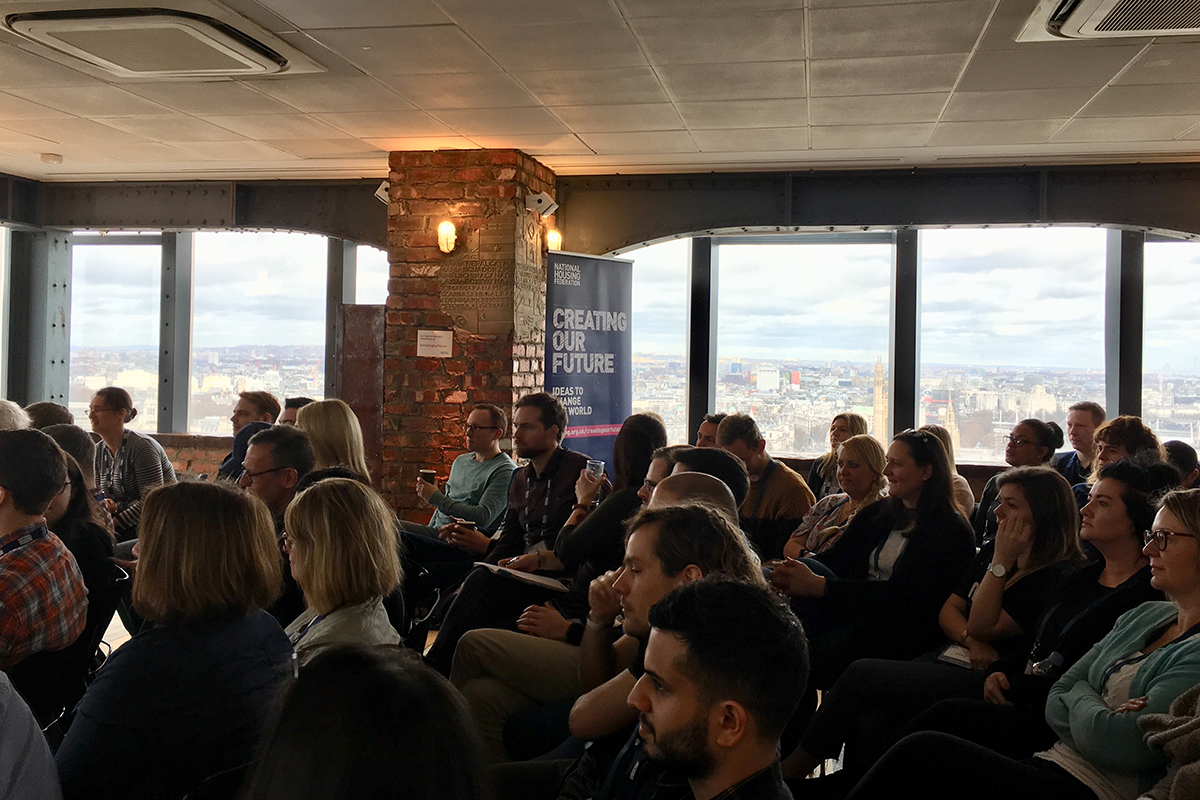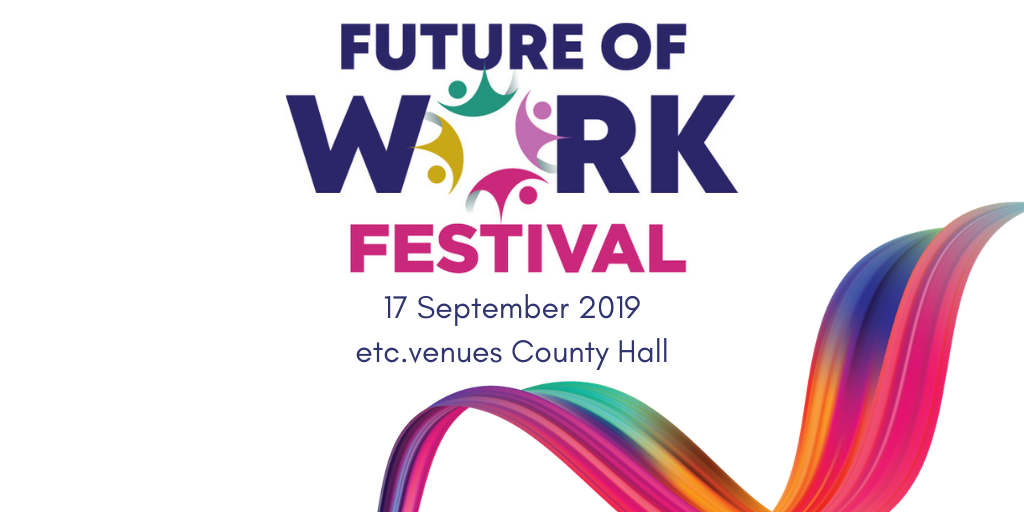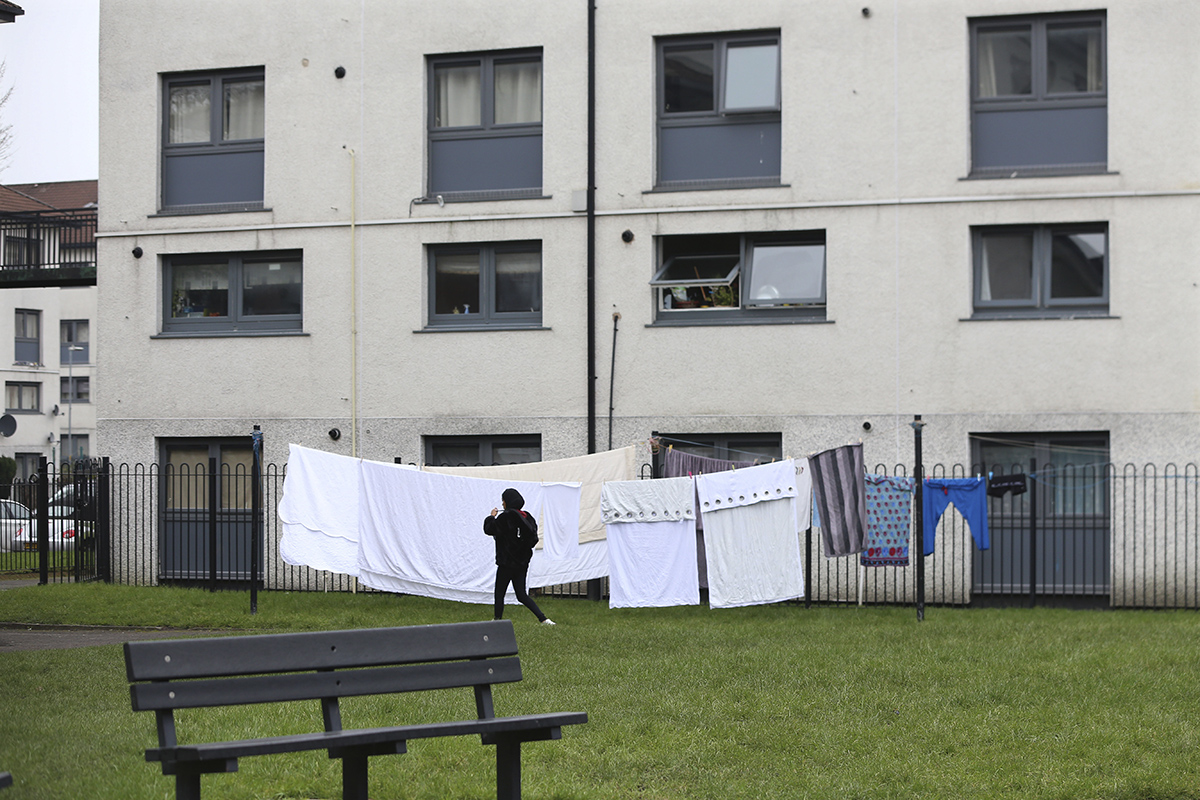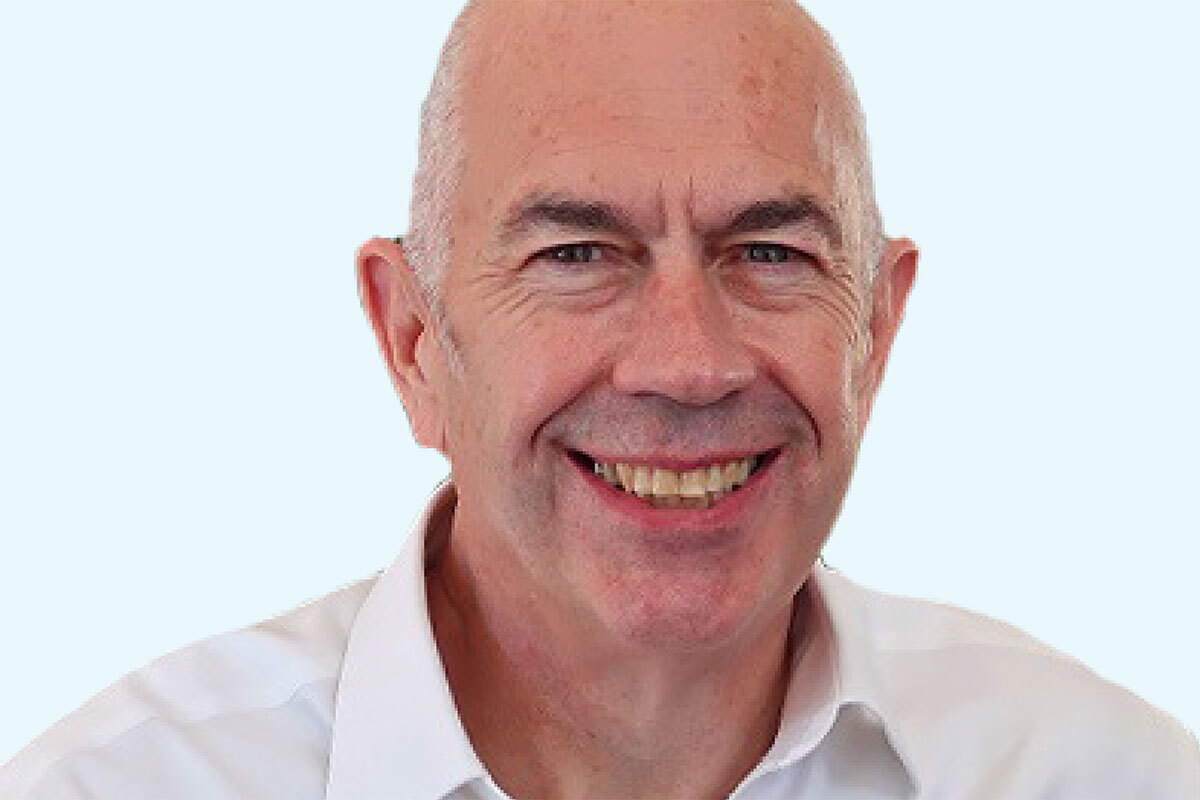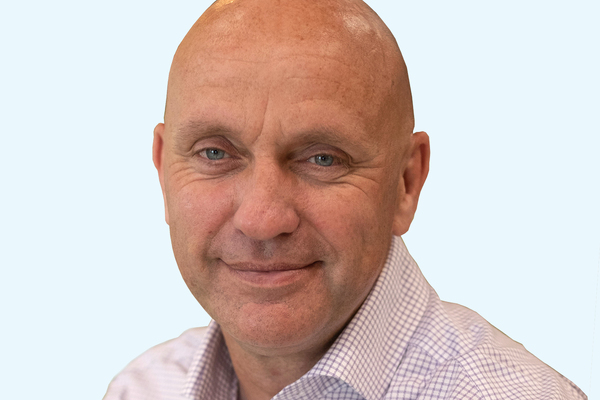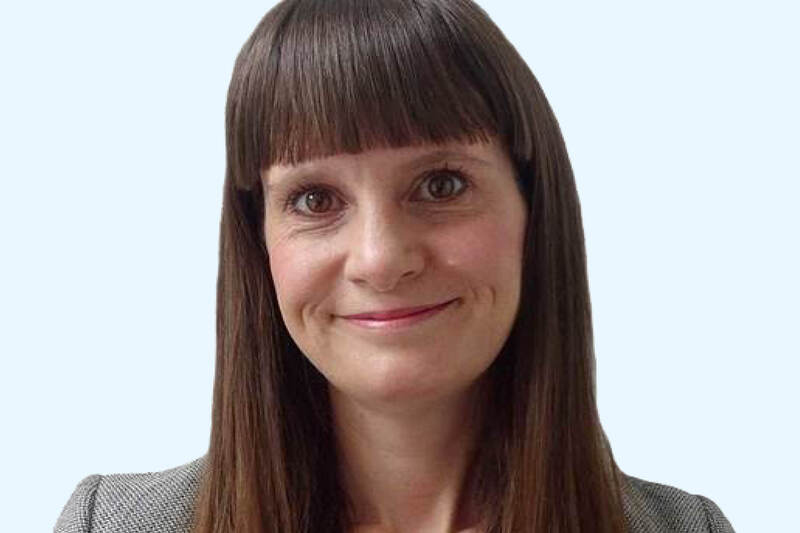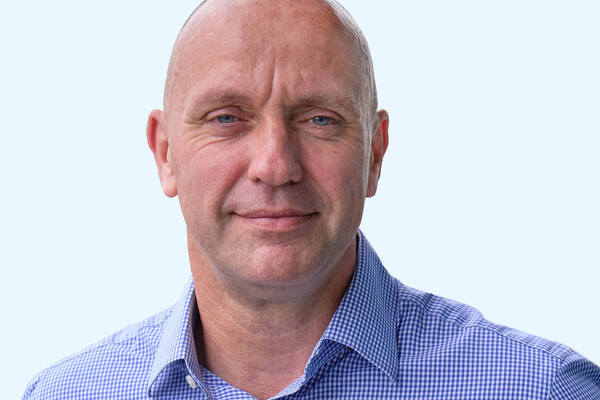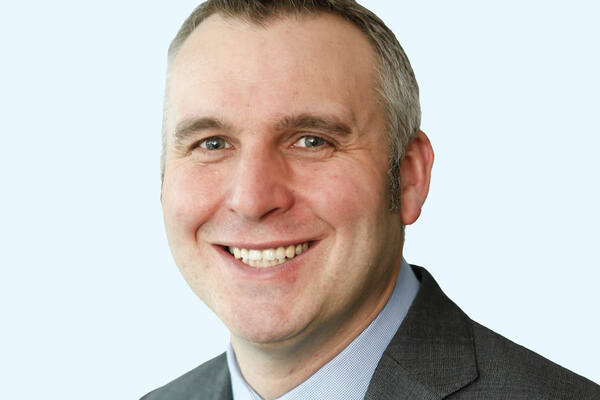You are viewing 1 of your 1 free articles
Five key factors that underpin our approach to innovation
The importance of innovation is not in doubt, but what does it really mean and how can we do it better? David Done presents five answers
Innovation is a word we hear a lot across the sector. Whether that’s at a conference, in discussions over Twitter or in our own board rooms, the ‘I’ word still reigns supreme. And quite rightly, too. If we’re to work together to solve the housing crisis, innovation is key.
But what does innovation really mean? And how can we do it better?
Having recently launched a new approach to innovation, this is something we’ve been reflecting on at RHP. Here are the five things we’ve learnt over the past few years that have shaped our way forward.
1. Scrap the word
It’s easy to use buzz words like ‘innovation’ with employees without explaining what it means in practical terms for them.
For us it’s essentially about problem solving and we’ve made that shift in how we describe it to our people.
We’ve called our new approach ‘Leading Lights’ and it’s centred around encouraging employees to fall in love with a problem (rather than an idea) and providing them with the tools to help them solve it.
2. It’s not just about the big stuff
Often when we talk about innovation, we only mention the big, shiny transformations. For RHP this has been things such as our modular home product LaunchPod or our fully digital service offer RHPi. Leading Lights is now going to help us look at the whole spectrum of business improvements, breaking down our activities into three areas:
- Incremental: micro-improvements that improve the day to day. We’ve badged these as ‘sparks’ – unearthing and celebrating great examples of where people have had an idea (no matter how small) and have taken the initiative to make it happen.
- Strategic: steps that change how things work. Our strategic emphasis is very much around our obsession with how we can deliver an excellent customer experience at lower cost.
- Disruptive: breakthroughs that create new products, services or markets.
Planned disruptions run through our current five-year strategy and include creating our first ‘smart’ estate – where all homes will be fitted with smart technology. We’ll also be working in partnership with the National Housing Federation to take one of their Greenhouse initiatives through to implementation. This is their ‘Building Better’ project aimed to transform how we design, deliver and maintain affordable homes.
3. Resilience is key
The need to embrace failure is spoken of frequently in relation to innovation. It is, however, easier said than done.
We’ve learned that it’s not enough to tell people it’s OK if things don’t work out. For people to truly be able to embrace failure, they need to have the skills to bounce back.
We’ve therefore weaved resilience through our behaviours and skills framework and it’s also something we’re going to be focusing on through our learning and development programme.
As well as building this culture with existing employees, we’ve been thinking about how we recruit for bravery and resilience and are starting to explore people’s capacity for failure through our assessment process.
4. Don’t set a date to innovate
Two years ago we introduced the concept of ‘innovation’ time – inspired by the likes of Google, which famously tells its employees to use 20% of their time to work on projects outside their day-to-day work.
We encouraged employees to set aside a couple of hours a week to spend on something that would stimulate their thinking.
Asking people to set a specific time to be creative or innovate just didn’t work for us – there was always something in people’s day jobs that would get in the way of them taking the time. Therefore, within Leading Lights we’ve really focused on how innovation (or problem solving) can be built into the everyday.
5. Empower employees
We’ve been working for a few years to empower everyone within the organisation to problem solve without the need to escalate up a hierarchy.
One way that we supported this concept was by introducing a Dragon’s Den-style programme called ‘4 in 4’. Once a quarter volunteers pitch an idea (in four minutes) for business transformation. The winning idea is voted for by their peers and they’re given three months to turn it into reality (with the caveat that it’s OK to fail if they capture the learning).
With Leading Lights we’ve taken this one step further, by introducing an employee panel that anyone can go to at any time throughout the year. The panel holds a pot of money that it can allocate to different projects as it sees fit throughout the year.
For us, it’s a continual process to look at the best ways to keep making things better for our customers, employees and the sector.
One constant is that we’re always happy to share our work with others and that’s why a key strand of our five-year strategy is to become a test bed for new ideas across the sector.
David Done, chief executive, RHP
Future of Work Festival
New for 2019, Inside Housing’s Future of Work Festival will bring together HR and organisational development professionals from the housing sector to discuss and explore the challenges of how to successfully evolve towards the working environment of the future.
Seize this opportunity to rethink your workforces and workplaces by reconsidering the roles of individuals, organisations, automation technology and how society will approach work.
Assess and benchmark your business strategy with the leaders in the housing sector:
- Defining the Future of Work: what does it look like, what will be the implications, how do you rethink your workforce strategy?
- How to embed Electronic Data Interchange into your workforce, attract the widest pool of talent, be authentic and innovative, keep your workforce happy and productive, and position your brand
- Identifying, assessing and closing the skill gaps: what skills will be required in the future and how do you prepare for the undefined?
- Appealing to and maintaining a multi-generational workforce: how to address differing career aspirations, expectations, behaviours and values
- How best to implement the best tech, for example, big data, artificial intelligence, automation, blockchain and the Internet of Things. How will this change workplace skills and wages? How do you evolve towards a ‘STEMpathetic’ workforce?
- Providing your HR and OD department with the right skills and toolkits to revise talent, organisational structures and business models. Be social and environmentally friendly, and data driven – investing in disruptive tech, skills training and ethical use of tech
- Promoting well-being and employee experience
- Introducing training and learning as part of the career path
- Embracing agile working – understanding how flexible and alternative working arrangements can boost productivity
The festival will take place on 17 September, at Westminster Bridge, County Hall in London.



